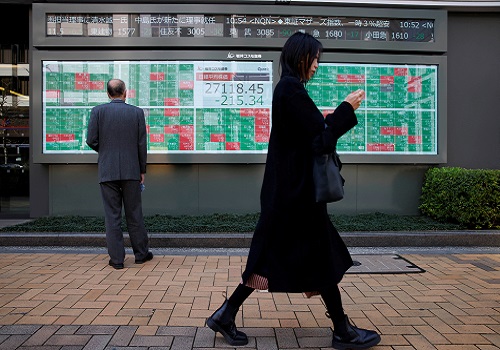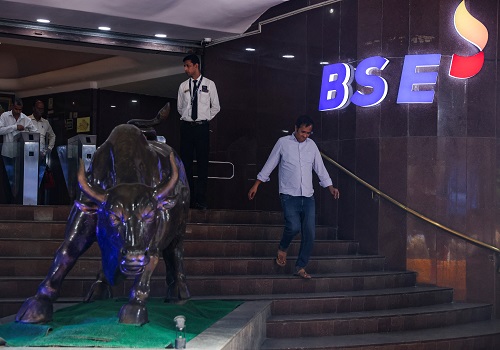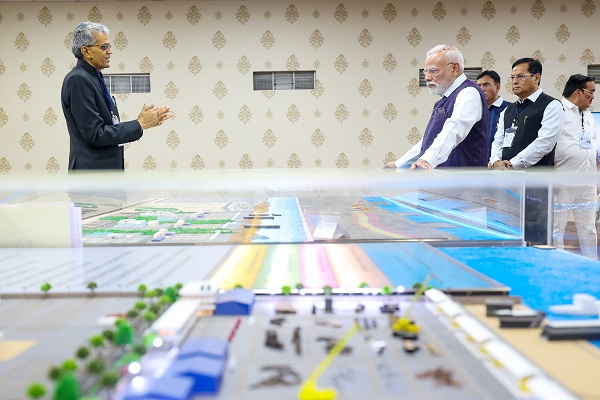How Technology is Changing the Hotel Industry for Travelers

The hotel industry has undergone significant transformation in recent years, largely due to advancements in technology. Travelers today expect more convenience, personalized experiences, and smarter accommodations. From booking a room to checking in and enjoying services during their stay, technology is playing an essential role in shaping the way hotels operate and how guests experience their stay. Here’s a look at how technology is changing the hotel industry for travelers:
1. Mobile Check-ins and Digital Key Cards
Gone are the days of long queues at the front desk. Mobile check-ins have become a standard feature in many hotels, allowing guests to check in and even choose their room using hotel apps. Some hotels have even introduced digital key cards, enabling travelers to unlock their rooms using their smartphones. This streamlines the check-in process, giving guests more time to relax and start their stay immediately upon arrival.
2. Smart Room Technology
Hotels are becoming smarter by the day with the introduction of IoT (Internet of Things) devices in guest rooms. With smart thermostats, voice-controlled assistants (like Amazon Alexa or Google Assistant), and smart lighting, guests can easily control the ambiance of their room with just a few commands. Some hotels have gone further, offering rooms that adjust automatically to the guest’s preferred temperature, lighting, and entertainment settings, providing a more personalized and comfortable experience.
3. AI and Chatbots for Customer Service
Artificial Intelligence (AI) is transforming customer service in the hotel industry. Chatbots powered by AI are now commonly used to assist guests with booking inquiries, room service orders, and even concierge services. These chatbots are available 24/7, offering immediate responses to common questions, and they can also learn from past interactions to improve future communication. This tech-driven service allows for a smoother and more efficient guest experience, with less wait time and more accurate answers.
4. Robotics and Automation
Robots and automation are increasingly being used in hotels to provide a seamless guest experience. Some hotels now have robotic staff that can deliver room service, transport luggage, or even provide concierge services. For example, robot butlers can deliver towels, toiletries, or meals directly to guest rooms, while automated check-in kiosks allow guests to complete the check-in process without human interaction. This level of automation helps reduce wait times, improve operational efficiency, and enhance the overall guest experience.
5. Contactless Payment and Payments through Apps
Contactless payments are rapidly replacing traditional payment methods, and hotels are no exception. Travelers can now make payments for bookings, services, and amenities using mobile wallets like Apple Pay or Google Pay, ensuring a faster and more secure transaction. This is especially valuable during the COVID-19 pandemic, as it reduces physical contact between guests and hotel staff. Some hotels even allow guests to settle their bills via apps, further enhancing the ease and convenience of their stay.
6. Virtual and Augmented Reality (VR & AR)
Hotels are incorporating virtual and augmented reality technologies to enhance guest experiences before and during their stay. Virtual tours of hotel rooms and amenities allow travelers to make more informed decisions before booking. Some high-end hotels offer AR experiences where guests can use their smartphones to access additional information about the surrounding area, such as local attractions, dining options, and cultural landmarks. These immersive experiences make the hotel stay more interactive and enjoyable.
7. Sustainability and Energy Efficiency with Smart Systems
Technology is helping hotels become more eco-friendly and energy-efficient. Smart systems are now in place to monitor and control energy usage in real-time, automatically adjusting lighting, heating, and air conditioning based on occupancy levels. This reduces energy waste, lowers operational costs, and helps hotels meet sustainability goals. Many hotels are also adopting green technologies, like solar panels, water-saving systems, and eco-friendly amenities, which appeal to environmentally conscious travelers.
8. Personalized Experiences with Big Data and AI
Hotels are using big data and AI to provide personalized experiences for guests. By analyzing guest preferences, booking history, and feedback, hotels can tailor offerings to meet specific needs. For example, a guest who frequently books spa treatments may receive personalized offers for spa services, or a guest who prefers a certain type of pillow can have it waiting in their room. This personalized touch creates a memorable experience, increasing guest loyalty and satisfaction.
9. In-Room Entertainment and Streaming Services
Modern hotels are enhancing their entertainment options by offering in-room streaming services like Netflix, Hulu, or Disney+. With smart TVs in guest rooms, travelers can log in to their personal accounts and enjoy their favorite shows and movies during their stay. Additionally, many hotels now offer gaming consoles, VR headsets, or immersive digital experiences to keep guests entertained, especially on long stays.
10. Blockchain for Secure Transactions
Blockchain technology is beginning to play a role in enhancing the security and transparency of transactions in the hotel industry. With the rise of online bookings and payment methods, blockchain offers a secure, tamper-proof way to handle transactions and guest data. By using blockchain, hotels can provide greater peace of mind to travelers by protecting their personal and financial information.




















